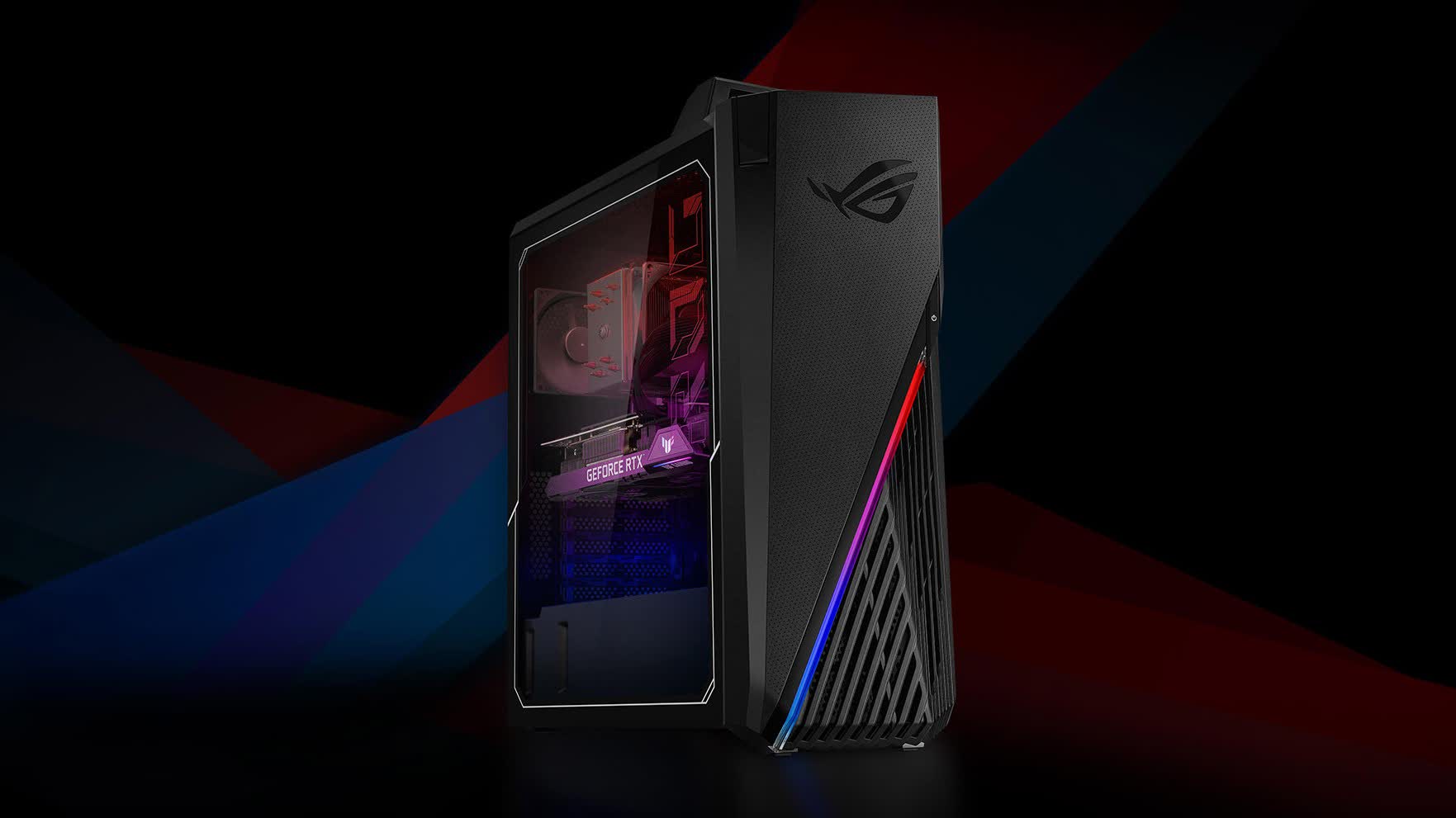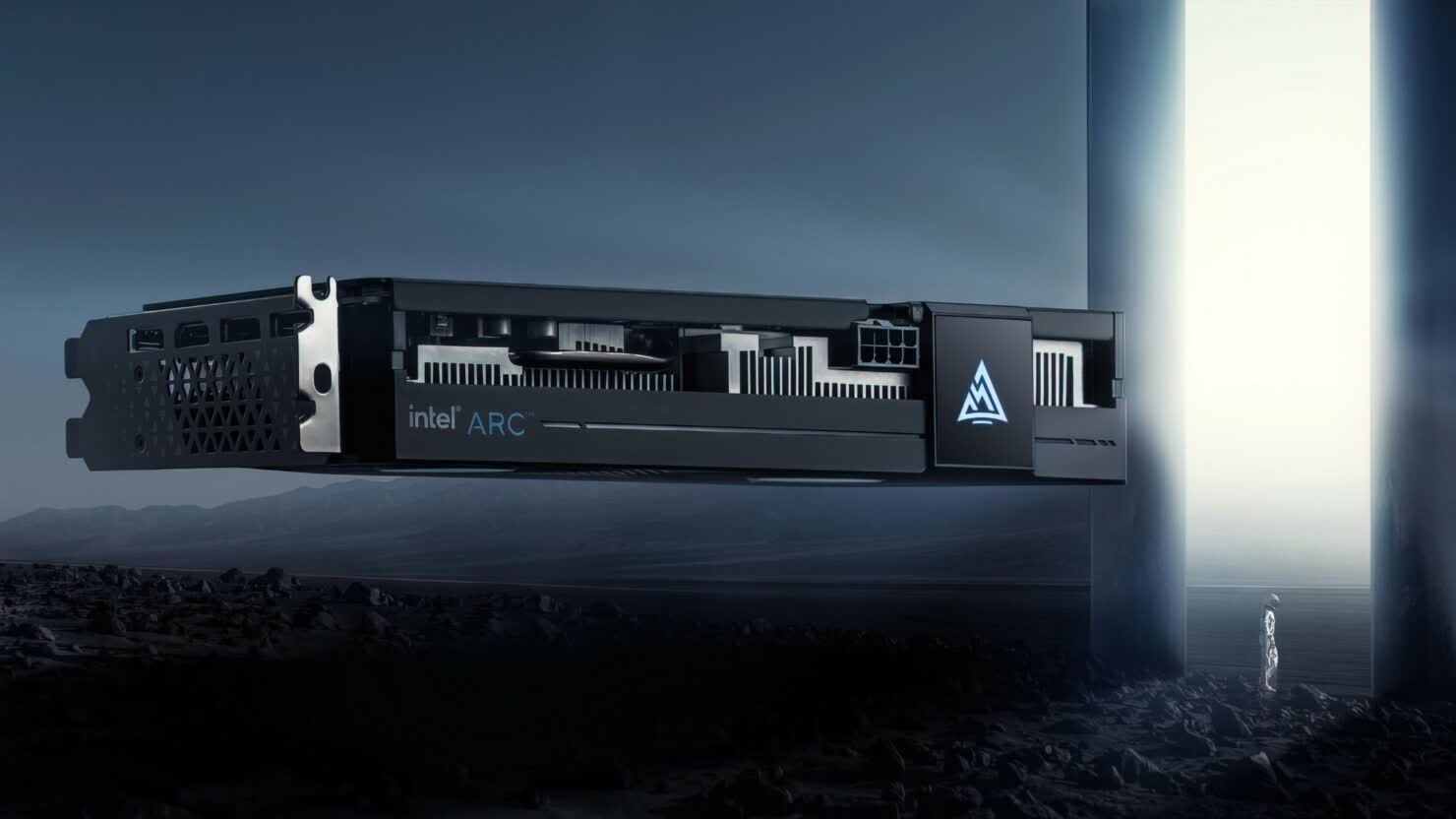In context: Since Intel released the Arc A380 in China in June, the international market has eagerly waited for it to become available elsewhere. Now, Intel's marketing drive is culminating and system integrators like Asus and MSI are preparing for its release.
Asus has updated its US website with the option to configure a few of its desktop systems with the Arc Alchemist A380 GPU. It markets one of them, the atrociously-named ROG Strix GT15 G15, a little generously: it calls the A380 "esports competition" capable, which it only barely is, and inexplicably places the A380 above the Nvidia RTX 3080 and other GPUs in its infographics.
The second system is the business-focused ExpertCenter D7 Tower. Asus pitches it as a video editing and rendering machine, thanks to the alleged hardware-accelerated AV1 encoding prowess of the A380. Again, that sounds a little generous – but who knows, maybe the A380 will break records with its encoding.

From what we've learned about it, the A380 is an entry-level GPU through and through. It has a good 6 GB of GDDR6, but not much power under the hood. Some early reviews from China show it slightly outperforming the Nvidia GTX 1650 and AMD RX 6500 XT. It's predicted to cost between $130 and $150 when it arrives to the US, which would be a little lower than the competition.
MSI has also started listing the Arc A380 with an appropriately entry-level office machine, according to an experienced leaker. MSI's system can also be configured with an Arc Alchemist A310, which is pegged to have 4 GB of GDDR6 and cost roughly $100, as well as the similarly-powerful GTX 1650 and GT 1030 (DDR4).
It sounds like Intel is starting to deliver its GPUs to system integrators, or at least some models. Intel hasn't shied away from talking about its first Arc GPUs and their release should be imminent, but there's still no firm date on it.
The reason might be because Intel is struggling with drivers. Intel CEO Pat Gelsinger admitted last week that the company tried and failed to quickly convert the integrated GPU drivers that it had into discrete GPU drivers, causing delays. Still, it's better than launching a buggy and unfinished product.
